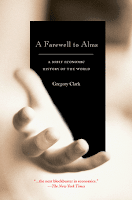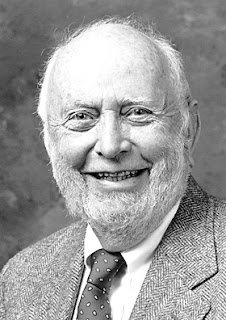The John Lewis economy - a belated comment
In my last book review I summarized a very interesting book called The Spirit Level by Richard Wilkinson and Kate Pickett . In it the authors propose a solution that would not only lower inequality and thus correct many of the negative social outcomes related to it (but not caused by it, mind you; they don't prove causality), but also change the entire system of values in society, so that people would be less profit-oriented and would increase their levels of interpersonal trust (among other things). Their big idea is to introduce democratic employee ownership . Hence the title: The John Lewis economy (the John Lewis Partnership is the famous UK example of an employee-owned firm ; it allows all of its employees to share the firm's profits and have oversight over management decisions through several democratic mechanisms of corporate governance). It's a belated comment since I wanted to write a piece about this ever since 2012, when UK deputy PM Nick Clegg o...



